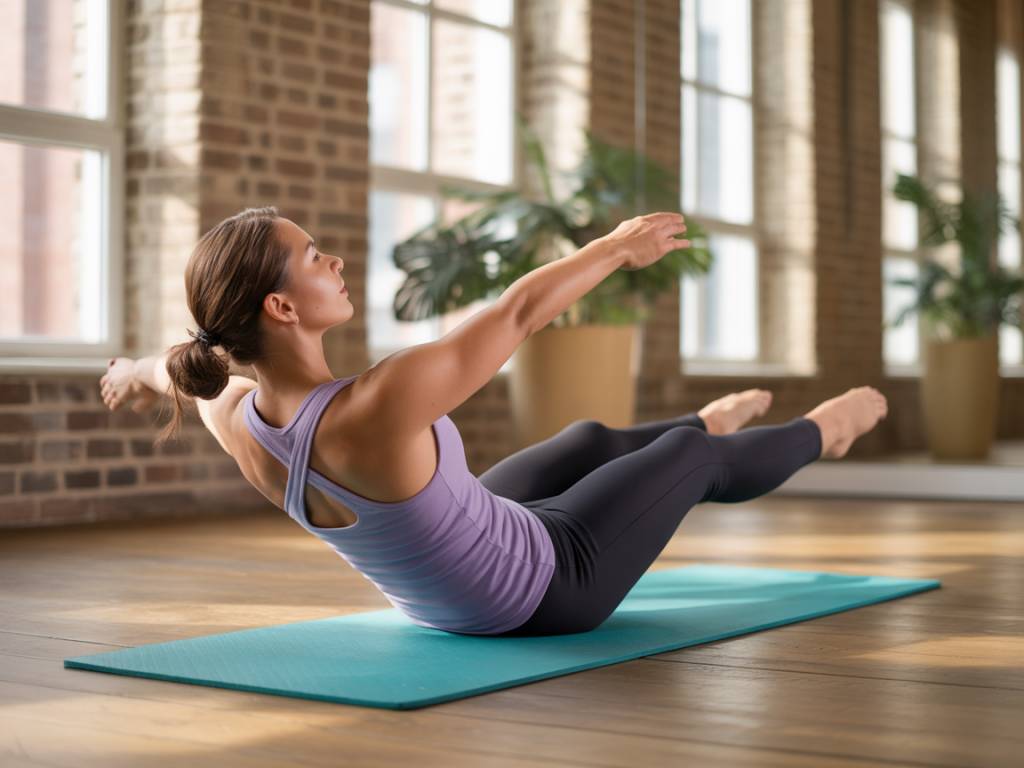Running vs Swimming: Which is Better for Fitness and Weight Loss?
When it comes to getting in shape, two of the most popular cardio workouts are running and swimming. Both are excellent ways to burn calories, improve endurance, and strengthen your body. But which one is better for fitness and weight loss? The answer isn’t as simple as you might think—it depends on your goals, preferences, and physical condition.
Calories Burned: Which Workout Torches More Fat?
The number of calories burned during exercise depends on several factors, including intensity, duration, and body weight. However, as a general rule:
- Running: A person weighing around 70 kg (154 lbs) burns approximately 600–700 calories per hour when running at a moderate pace.
- Swimming: The same person can burn anywhere from 400 to 700 calories per hour, depending on the stroke and intensity.
High-intensity swimming styles like butterfly or freestyle sprints can burn as many calories as running, but a leisurely swim won’t have the same effect. Running, especially at higher speeds, remains one of the quickest ways to burn fat.
Impact on Muscle Tone
While both exercises engage multiple muscle groups, they do so in very different ways:
- Running: Primarily works the lower body, including the calves, quads, hamstrings, and glutes. Over time, it enhances muscular endurance and definition in the legs.
- Swimming: Engages the entire body—arms, shoulders, core, and legs. It provides a full-body workout and enhances muscle tone more evenly.
If you’re looking to build a more balanced physique, swimming may offer an advantage over running, as it engages more muscle groups simultaneously.
Impact on Joints and Injury Risk
One major difference between running and swimming is their impact on the body’s joints:
- Running: A high-impact activity that puts stress on the knees, ankles, and hips. If performed with poor form or on hard surfaces, it increases the risk of injuries like shin splints and runner’s knee.
- Swimming: A low-impact activity that’s gentle on the joints. The buoyancy of water supports the body, reducing strain and making it an ideal choice for those with injuries or arthritis.
If you struggle with joint pain or are recovering from an injury, swimming might be the better option. Meanwhile, if you enjoy the rush of pounding the pavement and pushing through fatigue, running could still be for you.
Cardiovascular Benefits
Both running and swimming offer excellent cardiovascular benefits, improving heart function and lung capacity. However, the ways they do so differ:
- Running: Increases heart rate quickly, improving stamina and aerobic capacity. It also strengthens the heart muscle over time.
- Swimming: Requires breath control, enhancing lung efficiency and increasing oxygen capacity. The resistance of the water adds a challenge to sustaining effort over time.
Both exercises are fantastic for heart health, and the choice depends largely on personal preference.
Which One is More Beginner-Friendly?
Starting a new exercise routine can be challenging, and ease of access plays a big role:
- Running: All you need is a good pair of shoes and a safe environment. You can start slow and build up over time.
- Swimming: Requires access to a pool, proper technique, and confidence in the water. For non-swimmers, it can be intimidating at first.
If convenience matters most, running is the clear winner. However, if you have access to a pool and are willing to invest in learning proper swimming techniques, swimming can be just as effective.
Which One Is More Sustainable Long-Term?
Sticking with a workout regimen requires motivation and sustainability:
- Running: Can be repetitive and challenging, especially during extreme weather conditions. However, runners often find a sense of mental clarity and routine in the sport.
- Swimming: Offers variety with different strokes and water-based activities. It’s also easier on the body, allowing longer participation without overuse injuries.
If you prioritize long-term consistency with minimal injury risks, swimming may be a better lifelong option. If you thrive on outdoor exercise and competition, running can be incredibly rewarding.
Final Thoughts: Which One Should You Choose?
There’s no definitive winner in the “running vs. swimming” debate—it all depends on your fitness goals and personal preferences:
- Choose running if you prefer high-calorie burn, want to build endurance quickly, and enjoy an accessible workout.
- Choose swimming if you want a full-body workout, prefer a low-impact exercise, and enjoy the water.
Ultimately, the best workout is the one you’ll stick with. Whether you’re pounding the pavement or gliding through the water, consistency is key. Why not mix both into your routine for the best of both worlds?




